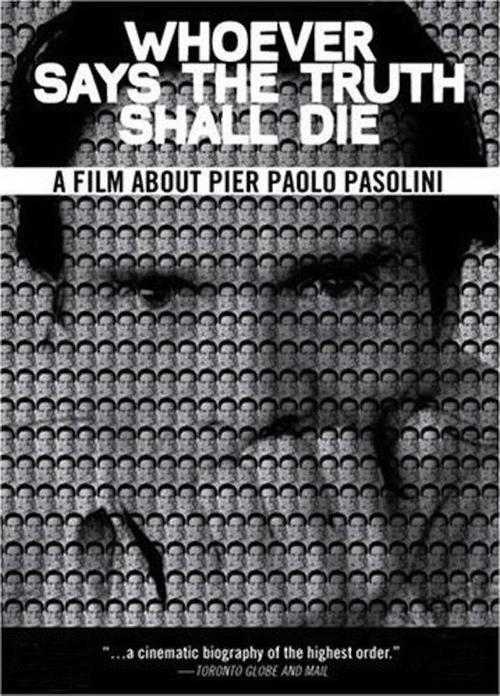On November 2, 1975, film maker Pier Paolo Pasolini was brutally beaten, and then run over by a car, ending the life of an inconvenient thor...
read more
On November 2, 1975, film maker Pier Paolo Pasolini was brutally beaten, and then run over by a car, ending the life of an inconvenient thorn in the side of the powers-that-be in Italy. Pasolini was born in 1922 to a rich military father who gambled away most of the family's money, and a vocally anti-fascist mother. Pasolini became a follower of Mussolini anyway, and published a volume of poetry during World War II. Things changed after the politically motivated murder of Pasolini's younger brother, and Pasolini turned into a Communist who longed for Italy's return to greatness as experienced in the Roman Empire and Renaissance eras.
Pasolini began to teach high school. An open homosexual, he was acquitted of charges of having sex with his students, but was fired anyway. He became fascinated with the young slum boys of Rome, and the writings of political dissident Antonio Gramsci. Pasolini was a walking contradiction. He supported Communism but attacked conformity. He began writing novels and essays, eventually branching into film making with "Accattone," where he was assisted by a young Bernardo Bertolucci.
Pasolini specialized in neorealism- realistic films about everyday people with epic characterizations, but soon entered mythic film making with such works as "The Gospel According to St. Matthew," "The Decameron," "Oedipus Rex," "The Canterbury Tales," and "Arabian Nights." Pasolini's prolific writing continued as well, making him the scourge of both the left and right wings of Italian political circles. Then came "Salo, or The 120 Days of Sodom." Pasolini turned people into objects to attack consumerism in this violent tale of torture. It was to be his last film, although his next project was about a modern day St. Paul in the United States.
The investigation into Pasolini's death was hurried and sloppy. A seventeen year old male prostitute was sentenced to nine years in jail for the murder, even though no blood was found on the boy's clothes, and the Italian government chalked the incident up to just another homosexual, who was into rough sex, taking things a little too far. Pier Paolo Pasolini is a difficult subject because of his innate Italian character. When I saw this documentary, I had seen three of his films: "Love Meetings" (a total bore about sexual behavior among Italian youths), "Teorema" (a sometimes tedious surrealistic exercise), and "The Canterbury Tales" (a confusing and confused adaptation). The readings of his poetry show a passionate patriot embroiled in good but dense imagery obsessed with a perceived downturn in Italian culture. English majors, think Robinson Jeffers writing urban and political verse. Pasolini was not a Lucio Fulci or a Ruggero Deodato, shooting "Salo" to excite and exploit, this is a man who slaved over his art and thoughts, publishing a book calling for the criminal prosecution of the ruling party at that time, with passages that make Michael Moore read like A.A. Milne.
The film itself is just an hour, a detriment to such a complex thinker. Although punctuated with gory death photos of Pasolini, the viewer must do their own detective work about what happened that night decades ago. "Salo" was not the end all-be all of Pier Paolo Pasolini's life. He had plenty more to say, but not enough time to say it. The accused male prostitute recanted his story and the case was reopened. Too late for a one of a kind film maker, artist, and writer. "Whoever Says the Truth Shall Die" does do a good job introducing Pasolini to many, whether we should heed his warning that all truth opens a writer to danger and death falls squarely on the viewer.

